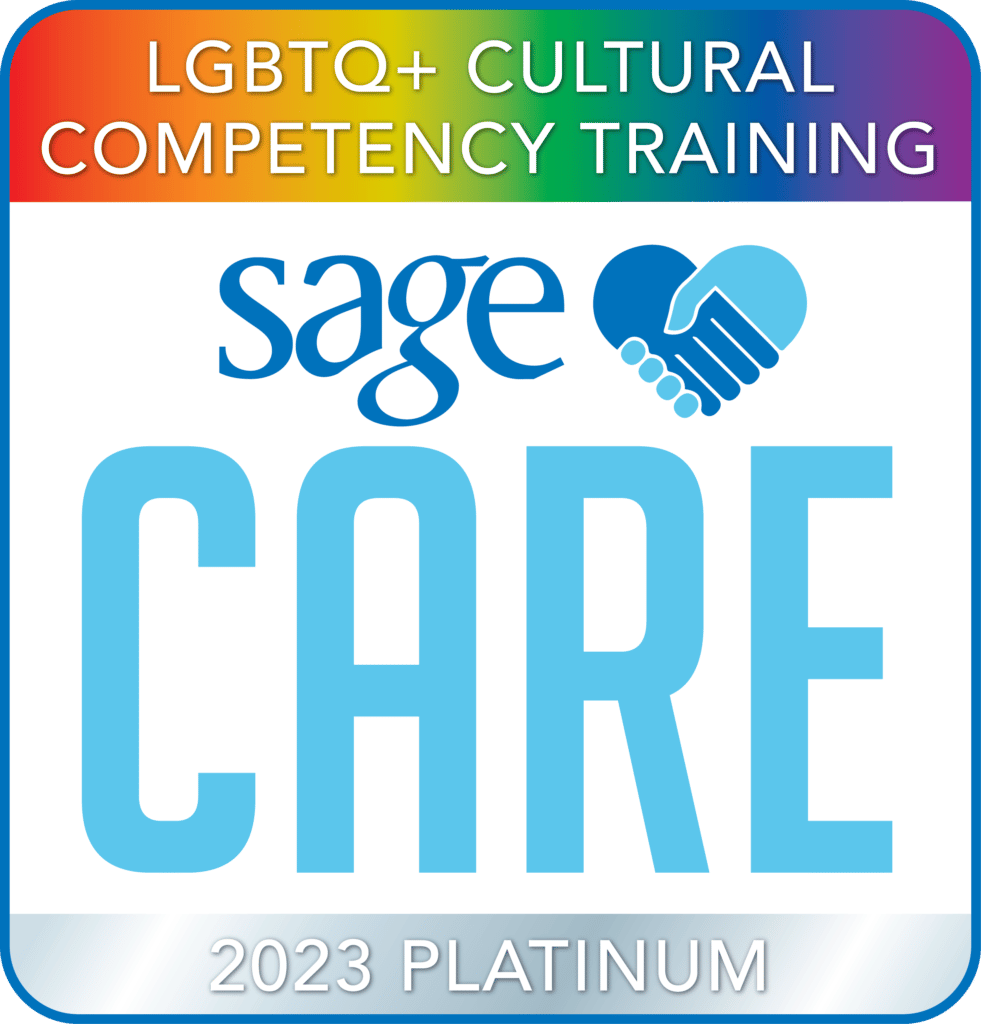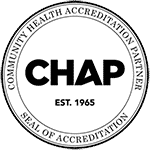5 Great Medication Safety Tips for Seniors with Alzheimer’s

It’s World Alzheimer’s Month, and our home care agency team is using this time as an opportunity to share some useful tips on medication management and safety for seniors with Alzheimer’s and their caregivers. These patients are often on multiple medications for this and other health issues, so it’s important to take the proper precautions to avoid medication-related issues.
- Get to Know the Medications. Write up some basic notes on each medication – what it is for, the dosage, and possible side effects – and spend some time studying them. This makes it so much easier to quickly spot the side effects or any possible complications.
- Talk to the Doctor about Drug Interactions. Your doctor should know of each medication and supplement that your loved one is on (always take your list of medications and supplements to appointments to make sure your list is complete). However, it is possible for some medications to interact badly with others, especially if they are for different health conditions. Talk to the doctor about possible drug interactions and how you can help avoid them. This may mean changing what medications are taken at what time of the day, taking certain medications with food, or perhaps even changing out medications for alternative drugs.
- Use a Pill Box and Medication Management App. As a caregiver, there’s a lot on your plate. So, organizing medications in advance according to the doctor’s instructions and using technology to remind you when medications need to be taken can be a great help. Pill organizer boxes can be filled for each day or week, and apps like Dosecast, MedHelper, and MyMeds can be downloaded onto your smartphone and set up according to your loved one’s schedule.
- Develop a Routine. Individuals with Alzheimer’s rely greatly on established, reliable routines, so try to fit medication into your existing routine by making it a daily ritual. This can mean making medications part of the breakfast routine or taking them with a favorite warm drink right before bed. If your loved one has trouble swallowing, pills can be ground up into a smoothie – but ask your doctor first. Also, try to avoid making the routine part of a potentially busy time of day.
- Lock Medication Away. All medications that are not required for the day should be safely locked in a medication cabinet – even over-the-counter drugs. It’s very easy for those with Alzheimer’s to accidentally overdose. Another good idea is to keep emergency numbers taped to your cabinet door, including your local Poison Control Center, emergency room, and your loved one’s doctor.
Compassionate Full and Part-Time Care for Alzheimer’s Patients from Our At-Home Health Care Agency
At United Methodist Communities, we strive to offer the very best home health aide services in New Jersey through our HomeWorks program. This program assists older adults in the comfort of their own homes and provides them, their families, and their caregivers personalized, compassionate care that prioritizes health, happiness, and independence.
For more information on our at-home health care agency or at-home care for older adults, please contact us today or visit our website at https://umcommunities.org/homeworks/elderly-home-health-care-nj/





